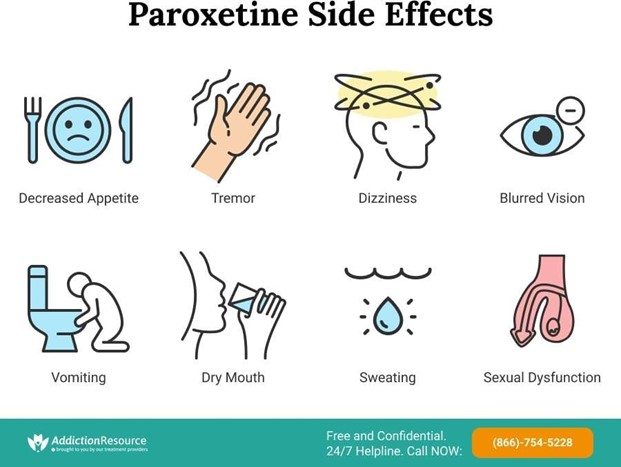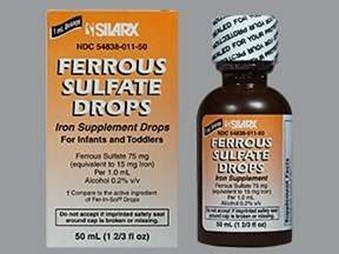A nurse is preparing to administer propranolol to a client.
Which of the following should the nurse assess prior to administering this medication?
Heart rate.
Respiratory rate.
Temperature.
Pain level.
The Correct Answer is A
Propranolol is a beta-blocker that is used to treat high blood pressure and other heart conditions.
It works by slowing down the heart rate and reducing the force of heart muscle contraction.
Therefore, it is important for the nurse to assess the client’s heart rate prior to administering this medication to ensure that it is within a safe range.
Choice B is wrong because respiratory rate is not directly affected by propranolol.
Choice C is wrong because temperature is not directly affected by propranolol.
Choice D is wrong because pain level is not directly affected by propranolol.
Nursing Test Bank
Naxlex Comprehensive Predictor Exams
Related Questions
Correct Answer is D
Explanation
The nurse should instruct the client to monitor for drowsiness as an adverse effect of taking paroxetine.

Choice A is wrong because peripheral edema is not a common adverse effect of paroxetine.
Choice B is wrong because alopecia is not a common adverse effect of paroxetine.
Choice C is wrong because tinnitus is not a common adverse effect of paroxetine.
Correct Answer is C
Explanation
Administer the medication through a straw.

This is because ferrous sulfate elixir can stain the teeth, so using a straw can help prevent this from happening.
Choice A is wrong because milk can interfere with the absorption of iron.
Choice B is wrong because caffeine can also interfere with iron absorption.
Choice D is wrong because antacids can reduce the absorption of iron and should be avoided within 2 hours of taking ferrous sulfate.
Whether you are a student looking to ace your exams or a practicing nurse seeking to enhance your expertise , our nursing education contents will empower you with the confidence and competence to make a difference in the lives of patients and become a respected leader in the healthcare field.
Visit Naxlex, invest in your future and unlock endless possibilities with our unparalleled nursing education contents today
Report Wrong Answer on the Current Question
Do you disagree with the answer? If yes, what is your expected answer? Explain.
Kindly be descriptive with the issue you are facing.
